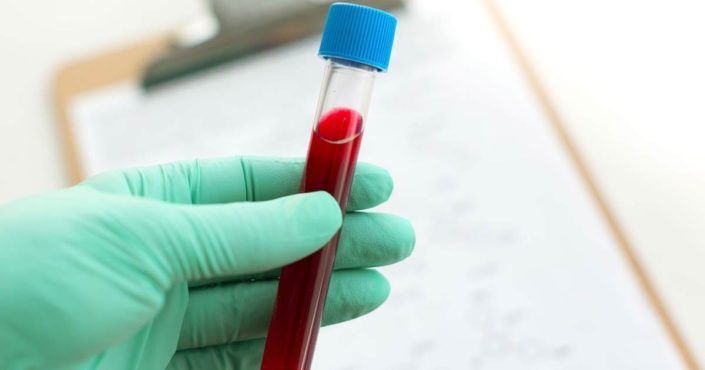Blood Test Lipid Panel
Blood Check: Lipid Panel
A lipid panel is really a simple blood check to check on your cholesterol ranges. Cholesterol is really a soft, sticky compound found within your body. Overall cholesterol comprises of three parts: great (HDL) and poor (LDL) cholesterol along with triglycerides (a particular type of extra fat). A lipid panel check is essential because cholesterol can clog your arteries. This may lead to cardiovascular disease and stroke.
The blood check can be achieved in a health care provider’s workplace, laboratory, or medical center. A nurse or laboratory specialist inserts a needle right into a vein in your arm to get a little sample of blood. Occasionally the blood could be collected by way of a prick to your finger. Your blood will undoubtedly be collected right into a tube and delivered to a laboratory for testing. The outcomes will be delivered to your doctor as well as your physician’s workplace will notify you of the outcomes. The check can be done anytime of your day.
Way to improved wellness
Your physician will use the outcomes of one’s lipid panel to calculate an ASCVD (atherosclerotic coronary disease) risk rating. This rating reveals if you’re a higher or low danger for cardiovascular disease. If your danger score is higher, your physician will recommend lifestyle changes. She or he may prescribe medication to lessen your cholesterol. Statins certainly are a course of medicine frequently prescribed to lessen cholesterol.
The American Academy of Family Doctors (AAFP) facilitates the U.S. Preventive Services Job Force (USPSTF) scientific preventive service tips for lipid screening. The USPSTF recommends that healthy grownups have their very first lipid panel check at age 40. Grownups could be tested earlier should they have certain illnesses (diabetes, cardiovascular disease) or should they smoke. Based on the USPSTF, there isn’t enough proof of the advantages of lipid panel tests in grownups 21 to 39 yrs . old.
Your lipid panel check provides individual results for the bad and the good cholesterol and triglycerides.
- Great (HDL) cholesterol:The body needs great cholesterol to lessen your risk of cardiovascular disease. This is one check where you need high numbers. Shoot for an excellent cholesterol of 40 to 60 mg/dL. It is possible to boost your good cholesterol by way of a healthy diet and workout.
- Poor (LDL) cholesterol:Your goal would be to lower your amount for your poor cholesterol. A reading through of 100 mg/dL or less is known as regular. Between 100 and 129 mg/dL will be near regular. Between 130 to 159 mg/dL will be borderline higher. Above 190 mg/dL is known as high. Results between 70 and 189 mg/dL are believed too high in case you are between your age range of 40 and 75 and also have diabetes, a medium-to-high threat of cardiovascular disease or both circumstances. Your doctor will recommend a cholesterol medication based on your outcomes and health background.
- Triglycerides:Between 150 md/dL or less is known as regular. Between 150 and 199 mg/dL is known as borderline high. Between 200 and 499 mg/dL is known as high. Anything greater than 500 mg/dL is known as very high. Items that influence your triglycerides consist of liver damage, a higher carbohydrate/low protein diet plan, underactive thyroid, a kidney condition known as Nephrotic syndrome, some medications (hormone replacement medications), uncontrolled diabetes, and genetics. Treatment carries a combination of prescription drugs, a healthy diet plan and workout. If your outcomes are greater than 500 mg/dL, you might have an increased threat of pancreatitis. It is a chronic, severe disease of one’s pancreas.
Points to consider
- You might have brief pain through the blood test because the needle will be inserted. You might have a bruise at the website each day or two following the test.
- In case you are dehydrated (the body doesn’t’ have sufficient fluids), it could be difficult to acquire an excellent vein for the check. Drink a lot of water one or two days prior to the test.
- Those who have experienced a recent coronary attack, surgery, infection, damage, or pregnancy should wait around two months before getting their cholesterol examined.
Queries to ask your physician
- Any kind of risks to presenting a lipid panel bloodstream check?
- Can lipid panel results be suffering from a cool or the flu?
- MUST I take my doctor prescribed pills before getting the test?
- How soon am i going to find out my outcomes?
- How do you plan the test easily have got a latex allergy?
- Imagine if I mistakenly consume something within the 8 to 12 hrs before I consider the check?
